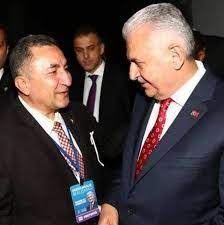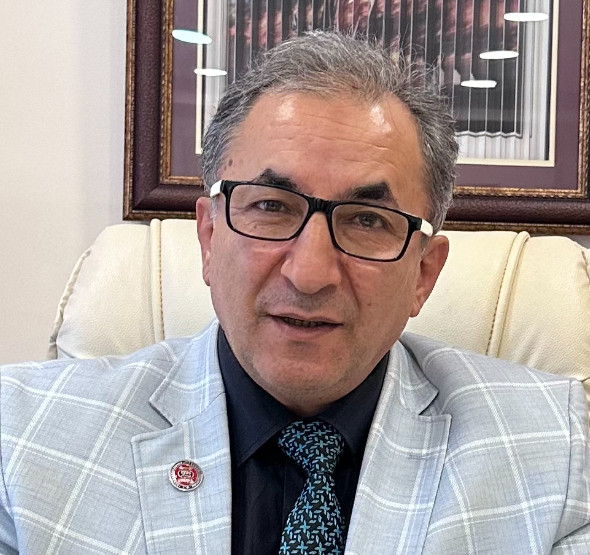Two years after the Israeli occupation, on the morning of August 21, 1969, news arrived from Jerusalem that had plunged millions of Muslims worldwide into sorrow and anger. The Qibli Mosque on the southern facade of the Al-Aqsa Mosque was set on fire, and in the resulting blaze, the historic building was reduced to ruins, and many precious relics were lost. Only a few charred pieces of wood remained of the magnificent Aleppo-style wooden pulpit that Salah ad-Din al-Ayyubi had placed in the mosque as a gift to Islam after he recaptured the city from the Crusaders in 1187.
While the fire was being extinguished with great difficulty, then Israeli Prime Minister Golda Meir and her PR team immediately resorted to the following lie: "The incident happened due to the carelessness of workers during ongoing restorations at the Al-Aqsa Mosque. There was no sabotage; it was due to the negligence of the Palestinians themselves." When this lie failed to gain traction, another explanation was presented: "The Fatah organization had the mosque set on fire by its militants in order to corner Israel." Soon, the identity of the attacker was identified with eyewitness testimonies. The person who set the Qibli Mosque on fire was Denis Michael Rohan, an Australian tourist. Rohan, a Christian Zionist, stated that he wanted "to force God to bring about Judgment Day." He aimed to burn Al-Aqsa in order to make way for the construction of the "Third Temple" and thus hasten the arrival of the Messiah.
(A side note: Whenever the Al-Aqsa Fire is mentioned, the following words attributed to Golda Meir circulate on social media: "I couldn't sleep that night. The next morning, I thought that all Muslims would attack Israel and fight us because the Al-Aqsa Mosque was burned down. But nothing happened. I realized that the Muslims were in a deep sleep." However, Meir never made such a statement. These words are not found in any written source. Nevertheless, they continue to spread through word of mouth. Just this example is enough to give us an idea of the extent of our test of true information regarding the Palestinian issue.)
Among the many decisions taken at the Rabat summit, the most important was the establishment of the Organization of Islamic Conference (OIC), which brought together all Muslim countries under one roof. King Faisal was the driving force behind the establishment of this organization, and its headquarters were located in Jeddah, Saudi Arabia. The organization soon implemented the Islamic Development Bank project and began active work on the "interest-free economic model" in the Muslim world.
After the oil embargo it imposed on the United States and Western countries, following the Yom Kippur War in 1973, King Faisal's assassination in Riyadh by his nephew on March 25, 1975, was a turning point in many ways in the Middle East. The OIC transformed from being a "beating heart for the ummah" to becoming a bureaucratic institution that operated within the political agendas of the host country. King Faisal's tragic fate was designed to be an "lesson" for the rich oil-producing countries, which generations would remember for the rest of their lives. None of them was supposed to repeat Faisal's "mistakes."

I leave the answer to the question I put in the title to the discernment of our esteemed readers.




